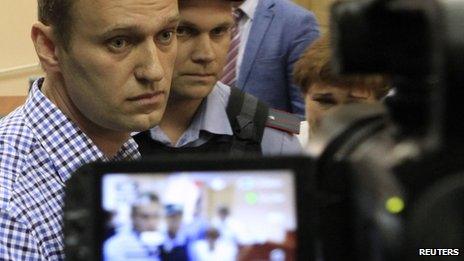Alexei Navalny runs Western-style campaign in Moscow poll
- Published
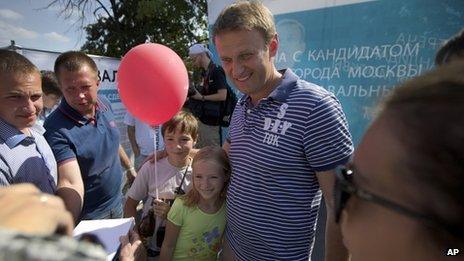
Alexei Navalny (C) rose to prominence after building up a huge internet following with blogs about allegations of malpractice and corruption
Opposition candidate Alexei Navalny is unlikely to win the forthcoming election for Moscow mayor, but his volunteer-based campaign may mark a watershed in Russian politics, loosening the Kremlin's stranglehold on who can challenge for the country's key posts.
The poll on 8 September will be the first time Muscovites have elected their mayor since 2003 after the reinstatement of regional elections in 2012. Mr Navalny's main rival and hot favourite is Sergei Sobyanin, who was appointed to the post in 2010.
Mr Navalny's bid for the mayoralty started in earnest after he was released on bail on 19 July pending an appeal against a five-year prison sentence for embezzlement, which most independent observers think was politically motivated.
Since then, his campaign has gone from strength to strength as volunteers have flocked to his cause.
Button-holing and leafleting
To start with, his team numbered fewer than 20.
By the end of August, several hundred and sometimes more than 1,000 volunteers were taking part in huge daily operations - delivering campaign newspapers in the metro, handing out bumper stickers to motorists and, above all, button-holing passers-by at the cubes or mobile display stands that have been springing up all over the capital.
The scale of the operation has been impressive. On 29 August alone, campaign organiser Maksim Kats reported 1,100 volunteers manning 148 cubes and distributing 420,000 newspapers.
The volunteers come from various walks of life - students, engineers, accountants, journalists, computer programmers and a sprinkling of successful entrepreneurs.
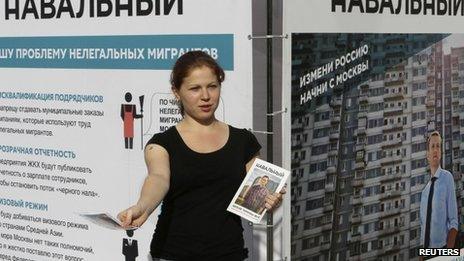
Navalny's campaign has mobilised thousands of volunteers
One is Kamil Kurmakayev, co-owner of the internet store Wikimart.ru, who in an article for Forbes magazine gave a glimpse of life inside the campaign.
"I have seen the most ordinary people, but with three special characteristics. They are all striking personalities in their own way. They are working for an idea in which they sincerely believe. And they are all mortally tired, because they work 14-16 hours a day, and have been doing so for weeks on end."
For many, like Mr Kats, it is the hope of "changing the country legitimately and peacefully" that drives them.
Mr Navalny's main campaign slogan is: "Change Russia, begin with Moscow."
This kind of politics is commonplace in the West. But for Russia, a campaign staffed by young, idealistic volunteers is something unfamiliar. Mr Navalny clearly takes pride in this.
"What pleases me most of all," he told independent weekly The New Times, "is that we have revived politics".
Unprecedented crowdfunding
Alexei Navalny himself has led by example, holding several stump meetings a day outside metro stations across the city, but also helping the team hand out newspapers in the metro and hosting campaign parties at the weekends.
This marks a big change in role for a man who until recently was usually referred to as just a blogger. "I used to get criticised a lot for being a virtual figure. And now I am the most offline politician in Russia," he told The New Times.
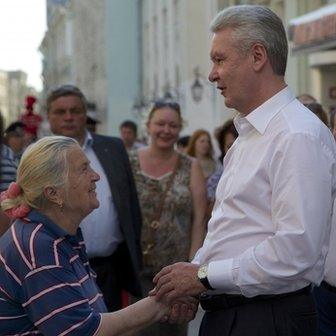
Incumbent mayor Sergei Sobyanin (R) is tipped to win the Moscow mayoral poll
This is only partly true. The internet has played an important role in both mobilising support and fundraising. In an interview with business daily Vedomosti on 2 September, Navalny said the campaign had raised over $3m - an unprecedented sum for this kind of crowdfunding in Russia.
According to analyst Fedor Krasheninnikov, the sudden revival of political volunteering has been a "turn up for everyone, especially the authorities".
But, he says, it has not come out of the blue. It is partly the result of the painstaking work that Navalny has put in over several years to build up his support base, but it also taps into what Krasheninnikov calls the new "possibilities for self-organisation" in Russian society.
These have manifested themselves most strikingly in the volunteer responses to recent natural disasters, such as the wildfires in 2010 and floods in southern Russia in 2012.
Navalny is still hoping to force a run-off against Mr Sobyanin, but this is looking increasingly unlikely.
He has climbed steadily in the polls and now stands clearly in second place on about 18-20%. Sobyanin's rating, though, is steady on about 60%.
Anti-Kremlin commentator Yuliya Latynina thinks Navalny has "no chance of winning". But she is hopeful about the long-term future, believing that "Navalny's grassroots campaign has set in motion an unstoppable process".
"Navalny might lose the battle for mayor, but he is an excellent position to win the war for Russia," she wrote in The Moscow Times.
BBC Monitoring, external reports and analyses news from TV, radio, web and print media around the world. For more reports from BBC Monitoring, click here. You can follow BBC Monitoring on Twitter , externaland Facebook, external.
- Published28 August 2013
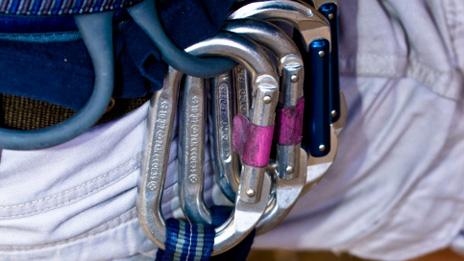
- Published16 February 2024
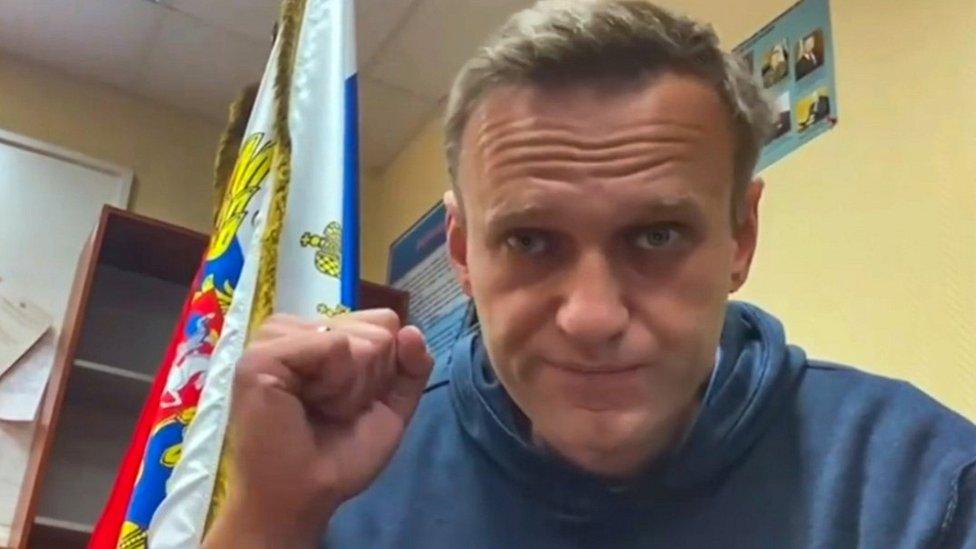
- Published19 July 2013
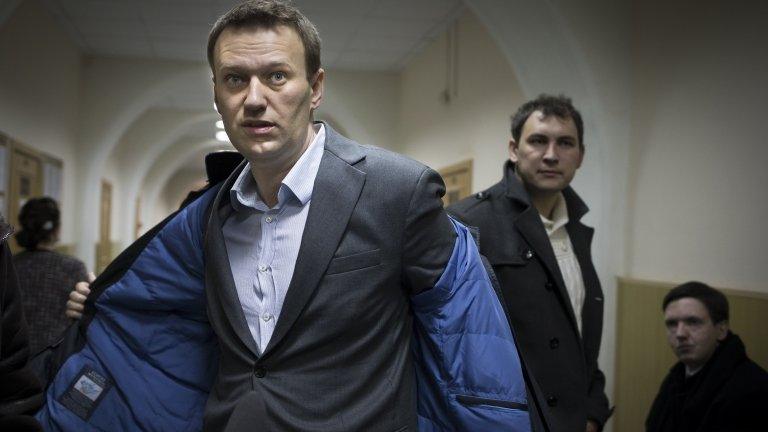
- Published18 July 2013
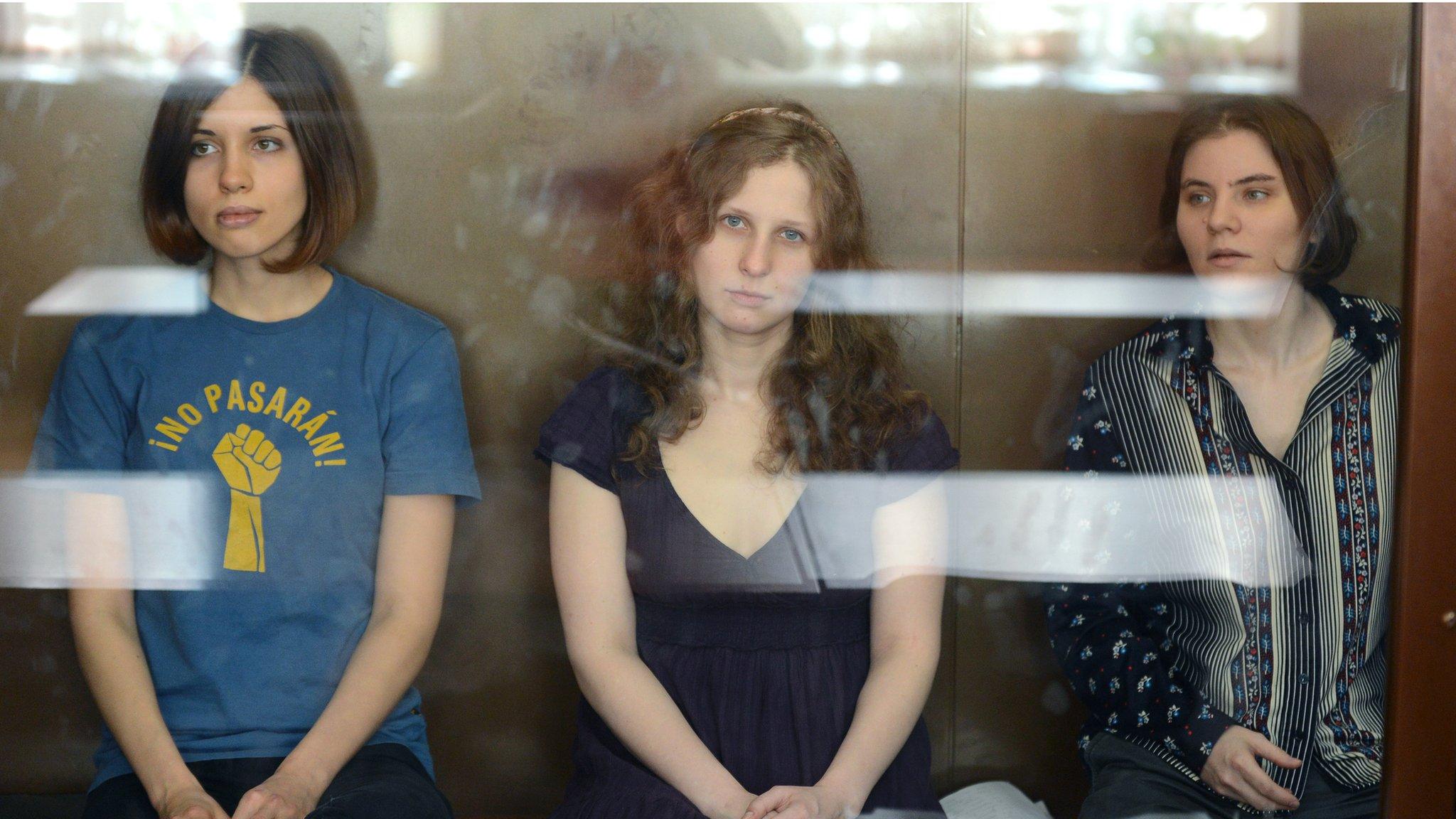
- Published18 July 2013
